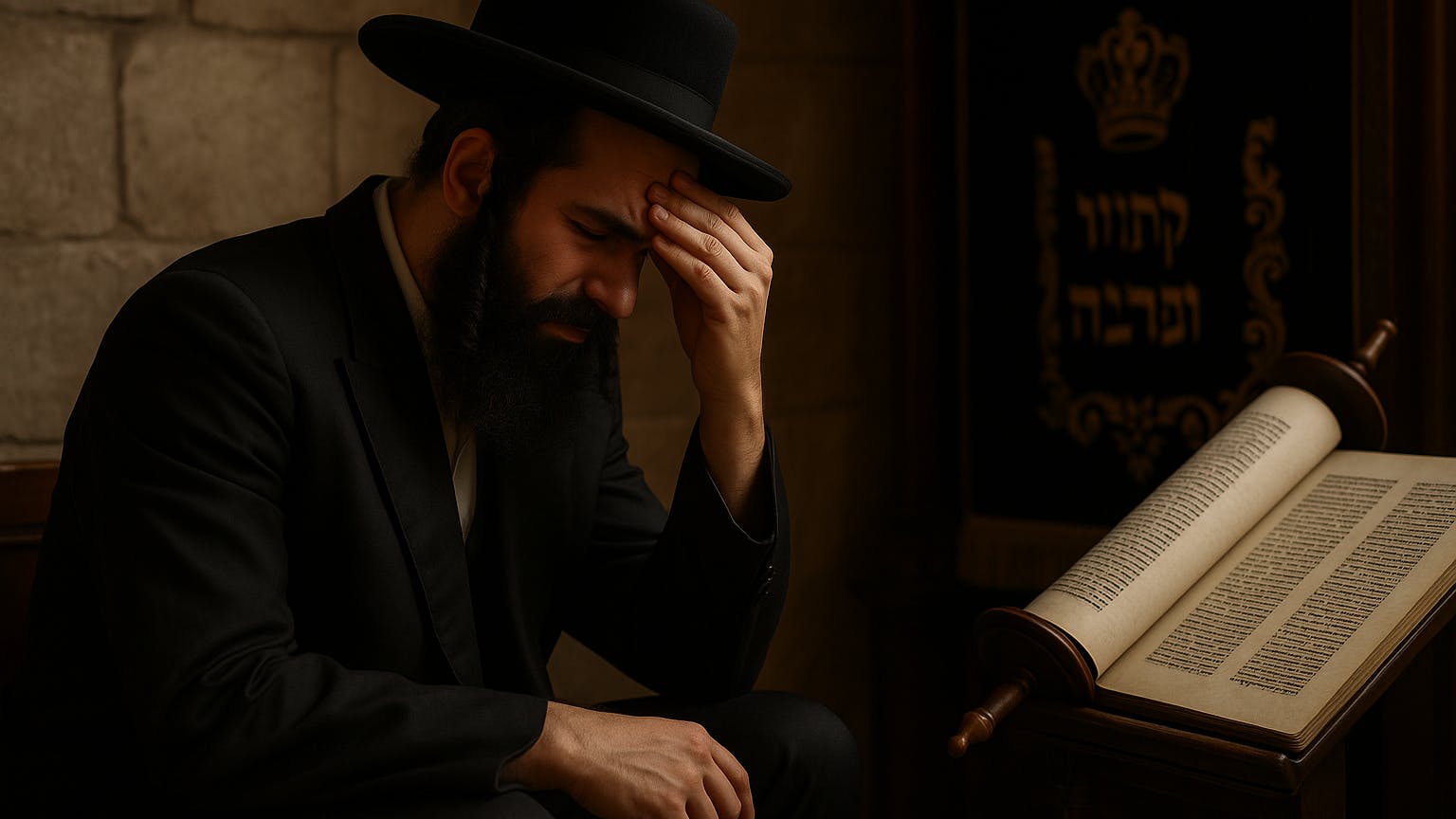Reading the Scriptures is not a common practice for many Jewish people today. Instead, many of us Jewish people trust our rabbis to interpret Scripture for us. Is this a safe course to tread?
In the yeshivas, the Jewish schools of learning, students pour over the five books of Moses (or “Pentateuch”), in order to understand better Judaic practices, and know their history better, according to rabbinic tradition. They do not read the Bible alone - it is accompanied by notes from Rashi, a medieval rabbi. When a question arises about the meaning of a text, students are encouraged to search for the answer in Talmudic literature, ask their rabbis and instructors for guidance, and so on.
All of this sadly means that when Orthodox Jews study the Scripture, the rabbis take them further and further away from the text itself and also its true meaning. Then these same Orthodox Jews become rabbis and heads of households themselves and so it is possible for the whole Jewish community to drift gradually further and further from the Scriptures themselves with each generation.
But consider how vastly different rabbinic literature is from the Word of G-d. David, the sweet Psalmist of Israel, tells us in the Scriptures that “the testimony of the Lord is sure, making wise the simple.” (Psalm 19:7), and again, “I have more understanding than all my teachers” (Psalm 119:99).
We thus see that the Word of G-d must be highly esteemed above all things,
Psalm 138:2
“I will worship toward thy holy temple, and praise thy name for thy lovingkindness and for thy truth: for thou hast magnified thy word above all thy name”.
Judaism, as we know it, however, typically tend to prefer the opinions of men to the Word of G-d. This is seen in the famous Talmudic tale of the Oven of Akhnai, found in Beva Metzia 59a-b, which is very precious within Judaism.
According to this story, a new type of oven is brought before the grand Jewish council known as the Sanhedrin, and a dispute breaks out as to whether the oven is ritually pure or impure. Only Rabbi Eliezer argues that the oven is pure, against all of his fellow rabbis.
During this dispute, a voice from heaven - supposedly G-d - claims that Eliezer is correct, and his opinion should be followed. The other rabbis then argue against G-d, claiming that G-d’s Voice is not to be recognised, seeing as rabbis ought to follow majority rulings, citing Exodus 23:2. According to the tale, G-d then responds “My sons have defeated me!” and changes His mind, allowing the oven to be declared impure.
The Talmud therefore teaches that what counts is how the majority of rabbis interpret a passage. Sadly, the Oven of Akhnia is celebrated in Judaism, and used to show how highly the opinions of rabbis should be valued.
And yet the verse cited in the Talmud, Exodus 23:2, actually says the opposite: “Thou shalt not follow a multitude to do evil; neither shalt thou speak in a cause to decline after many to wrest judgment:” (emphasis mine).
Consider that Scripture is G-d’s Word to man, and it is very pure (Psalm 119:140). While the Lord has appointed teachers to instruct the Law, they ought never to flatly contradict Scripture. Rather, they must faithfully interpret Scripture without undermining it as Moses was instructed in the Torah.
Deuteronomy 4:2
“Ye shall not add unto the word which I command you, neither shall ye diminish ought from it, that ye may keep the commandments of the Lord your G-d which I command you.”
So if the rabbinical judges cannot be trusted to even quote Moses correctly in their most important book, how can they also be considered steady guides for interpreting Scripture? How can they be regarded as trustworthy guides? It was for the same reason that Yeshua was right to observe that the rabbis of His day had made “the word of G-d of none effect through your tradition” (Mark 7:13).
You must seriously consider what G-d is saying in the Scriptures, and not seek shelter in rabbinic imaginations. As King David wrote, “It is better to trust in the Lord than to put confidence in man.” (Psalm 118:8). Or as Yeshua told the rabbis:
John 5:39
“Search the scriptures; for in them ye think ye have eternal life: and they are they which testify of me”
More Topics
You might alsoo be interested in these topics.




